Breaking News



Popular News












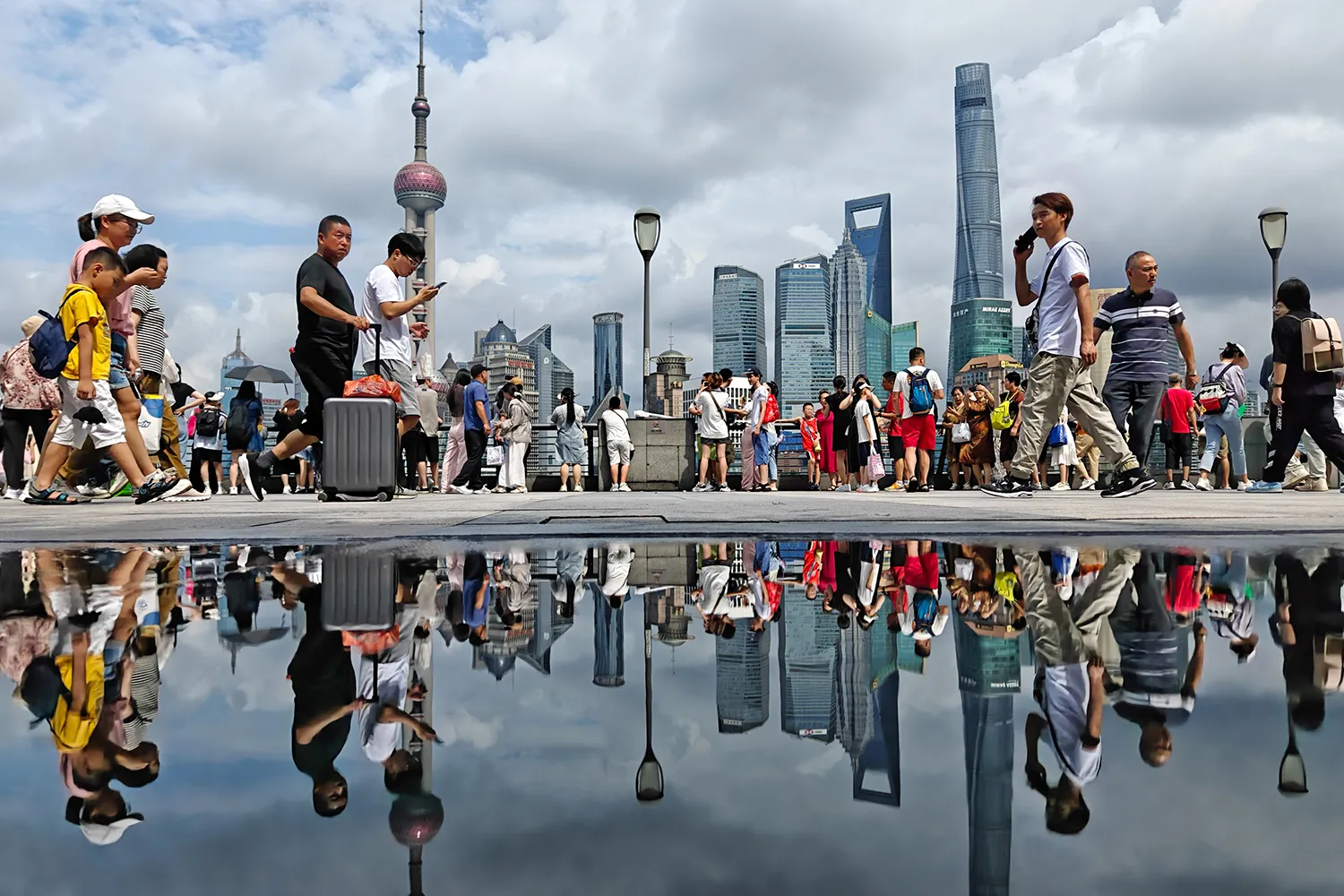
China is leading the way in integrating cutting-edge technologies such as Virtual Reality (VR), Artificial Intelligence (AI), and Smart Tourism into its travel industry. These innovations are not only enhancing the tourist experience but also redefining global tourism standards. From AI-powered travel planning to immersive VR cultural experiences, China is shaping the future of how we explore the world.
Tourists can now enjoy personalized itineraries generated by AI, preview attractions through VR, and navigate cities using smart services. These innovations create more efficient, safe, and memorable journeys, attracting travelers, tech enthusiasts, and investors alike.
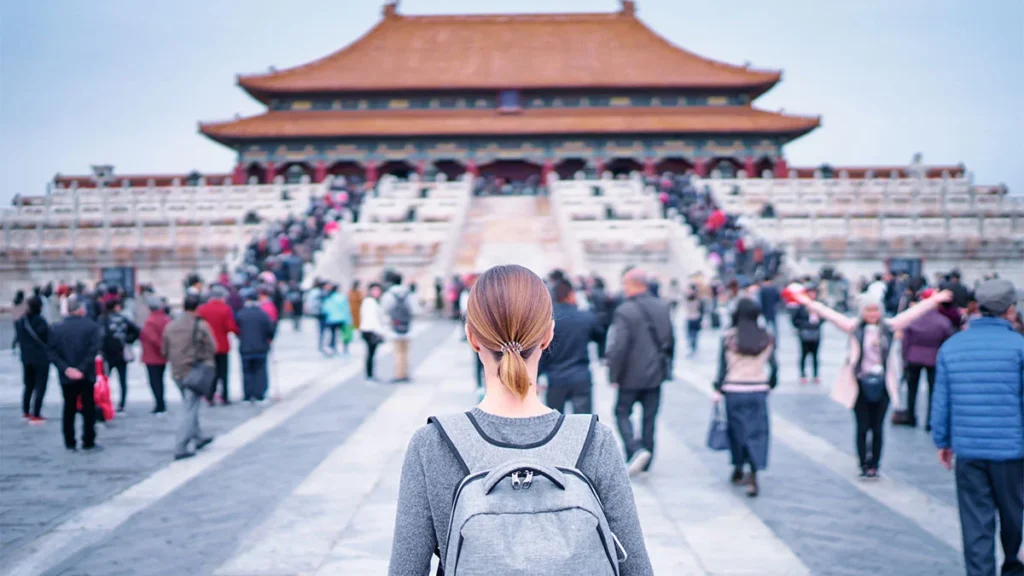
In 2024, China launched a comprehensive plan to expand the Smart Tourism economy by 2027. The initiative focuses on upgrading infrastructure, integrating AI, VR, Augmented Reality (AR), and big data, and creating interactive tourism services. The goal is to provide immersive, customized, and convenient travel experiences for domestic and international tourists alike.
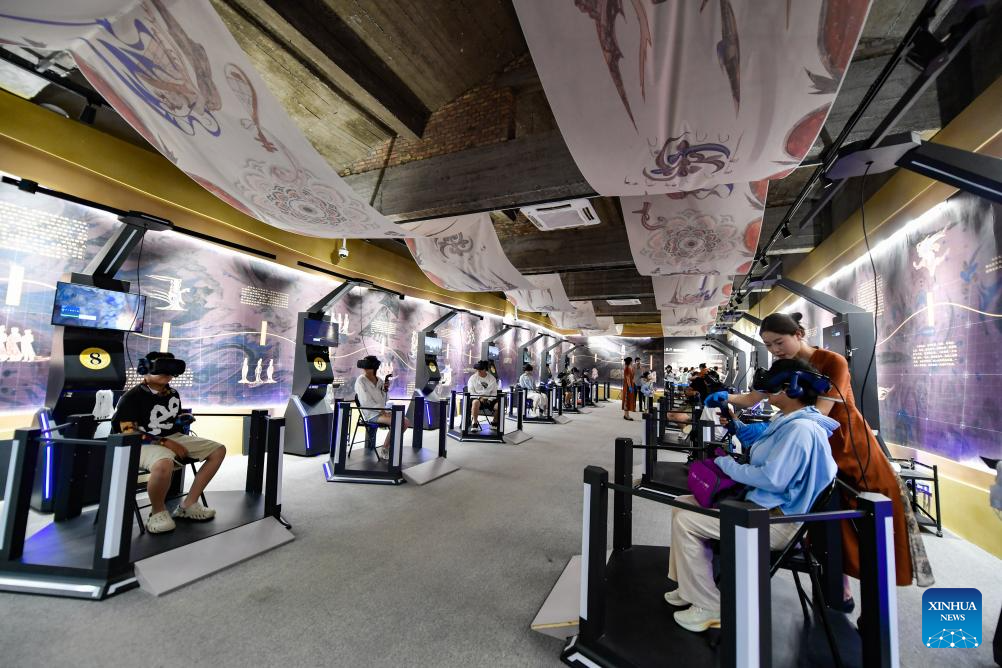
Chinese travel platforms such as Fliggy, Mafengwo, and LY.com leverage AI to provide personalized travel recommendations. AI analyzes user behavior, preferences, and booking history to suggest optimal itineraries, accommodations, restaurants, and local attractions.
These intelligent systems reduce decision-making time and enhance the overall travel experience.
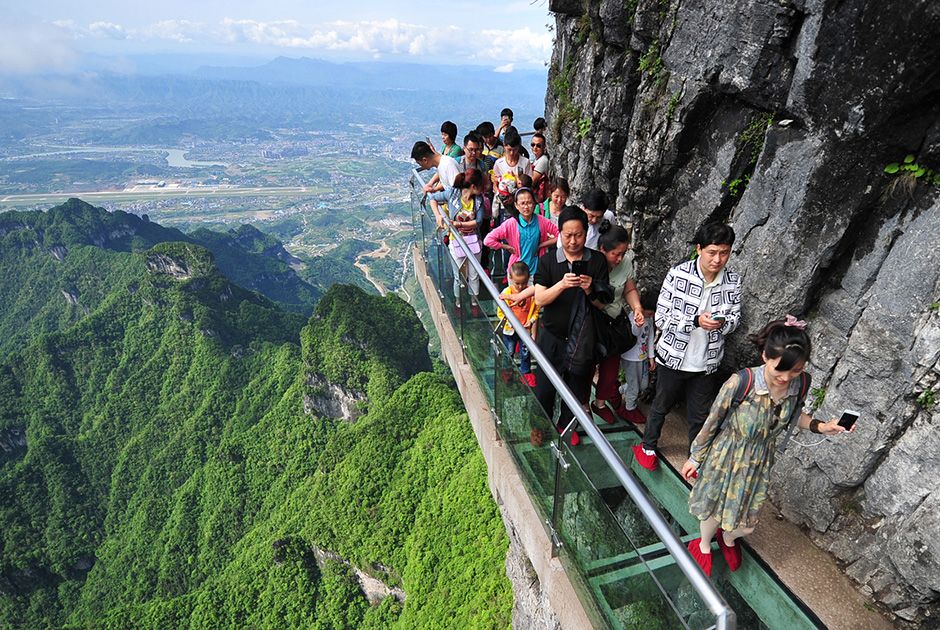
VR technology allows tourists to experience cultural heritage sites virtually. Museums like the Hunan Museum in Changsha use 3D and holographic projections to showcase artifacts, enabling visitors to enjoy immersive exhibitions without handling physical relics.
VR also allows travelers to preview destinations, compare itineraries, and make informed decisions about which sites to visit in person. This approach democratizes access to cultural heritage and enhances engagement for all audiences.
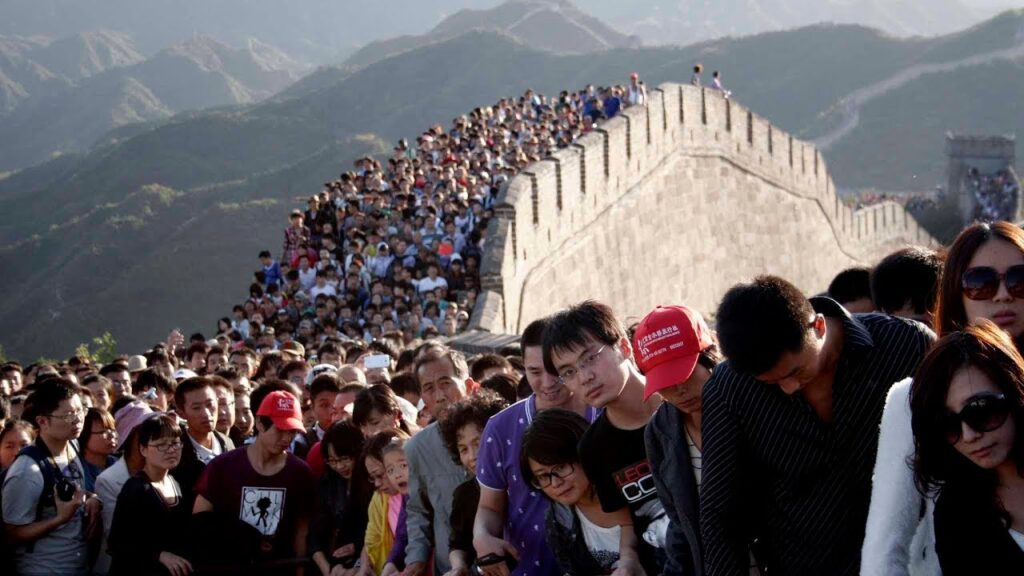
China’s commitment to Smart Tourism extends to intelligent infrastructure and services. In cities like Shanghai and Guizhou:
This integrated ecosystem merges digital and physical tourism services, creating seamless experiences for travelers.
China’s innovations in Smart Tourism are setting new benchmarks worldwide. The integration of AI and VR into travel services encourages other countries to adopt similar technologies. Modern travelers increasingly seek immersive, personalized, and efficient experiences, and China is demonstrating how these expectations can be met at scale.
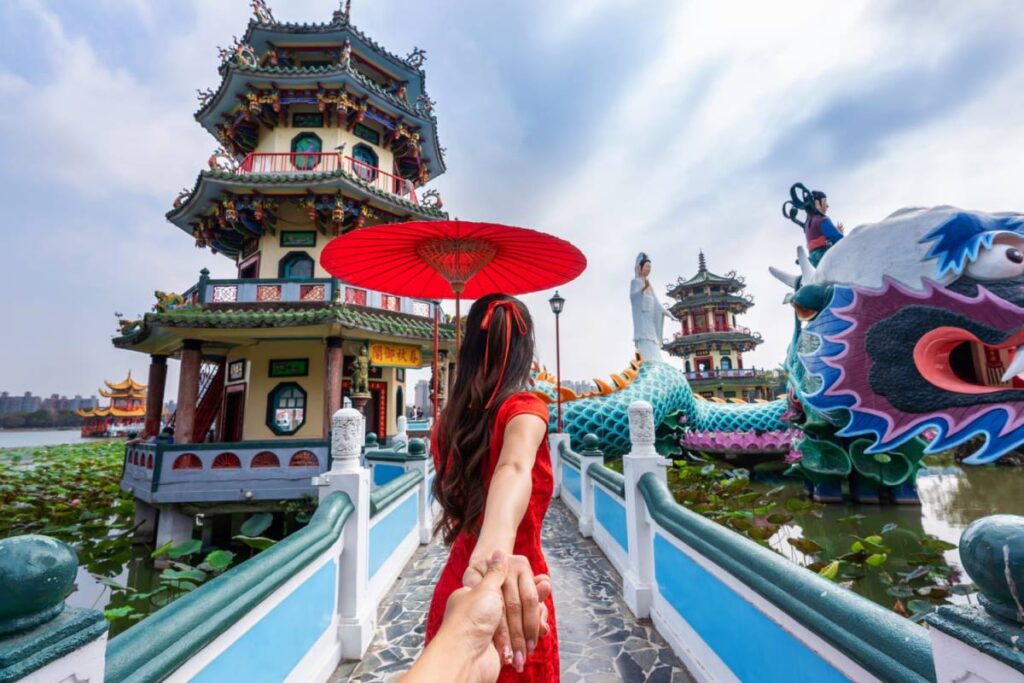
What is Smart Tourism?
Smart Tourism integrates AI, VR, AR, and big data into travel services to enhance the tourist experience.
How is China implementing Smart Tourism?
Through intelligent travel platforms, VR cultural experiences, smart city infrastructure, and automation in tourism services.
What are the benefits for travelers?
Personalized itineraries, immersive cultural experiences, convenience, and enhanced safety.
How does AI enhance travel planning?
AI analyzes preferences and behavior to provide tailored recommendations, reducing planning time and improving satisfaction.
What role does VR play in tourism?
VR offers virtual access to cultural sites and exhibitions, allowing for immersive and interactive experiences.